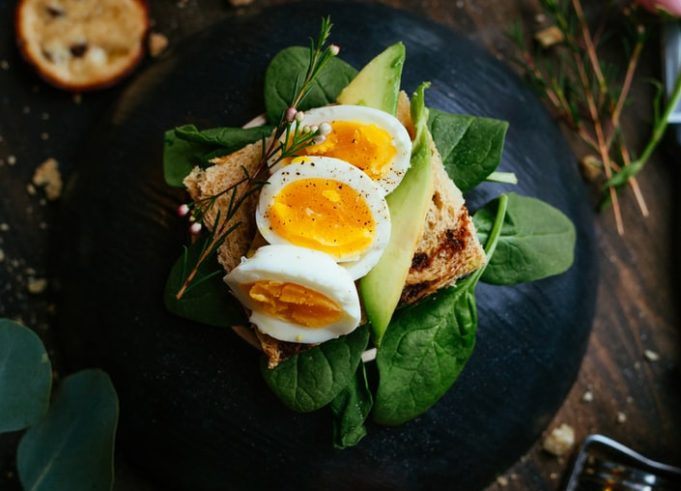According to statistics, up to 60 per cent of household waste heading to the landfill could be recycled. It’s crucial for the health of our environment that we increase our recycling rate and reduce our overall waste levels.
Recycling can be a tricky process — the strict rules regarding which material should go into which coloured bin can be a hindrance. When it comes to food waste in particular, a wrong deposit can lead to attracting pests and rotten food left sitting in the wrong bin!
The easiest thing to do would be to reduce the amount of food waste that you need to deal with. Join Budget Skips specialists Skip Hire as we explore the best food waste hacks.
It’s not you, food, it’s me…
Chances are, you have picked up some bad habits when it comes to food. By becoming more mindful towards the amount and kind of food you are buying, you can reduce excess and develop better habits when it comes to your weekly shopping trip! Awareness is key for reducing your amount of food wastage, and simple changes can make a big difference.
Some common bad food waste habits are:
Bad habit: Not realising food = money. Food waste costs families around £700 per year! But many of us don’t consider food in terms of the price tag. It’s much easier to throw away a mouldy loaf of bread than a £2 coin!
Hack #1: Think of food as currency. Start thinking of food as another type of currency and you’ll surely be more conscious of what you’re throwing away. A great way to get started is by writing a shopping list, to make sure that you are only buying items that you need.
Bad habit: What leftovers? Some people avoid using leftovers, either out of concern of reheating certain foods, or just not knowing what else to use them for.
Hack #2: Leftovers = ingredients. Check online to see how to safely use up your leftovers instead of condemning them to the bin.
Bad habit: Got to have the latest trends. Sure, avocado is a trendy food. But if you have no idea how to use it in a meal (beyond mashing it on toast), most of it will end up in the bin.
Hack #3: Learn before you buy. Unusual ingredients are great for discovering new favourite dishes, but make sure you know how to cook with them before buying them to avoid having to throw them out.
Bad habit: Putting everything in the bin. For many, it’s a thoughtless, second-nature act. While you’re cooking, packets and peels get chucked mid-process.
Hack #4: Put it in a compost bin. Food waste, like vegetable and fruit peels, can be composted instead. Have another bin next to your general bin for peels and natural food waste, then just chuck it out into the compost after you’re done cooking.
Bad habit: Getting on a health kick, buying loads of fruit and veg, then realising it spoils fast. We’ve all done it — we clear out the kitchen, determined to turn over a new leaf. We buy a week’s shop of healthy food, fruits and vegetables…and then realise it won’t last the week before rotting.
Hack #5: Freeze the fruit. Try sticking them in the freezer. This helps them keep much longer, especially if you prep meals and put portions in the freezer. Plus, you can make a healthy treat with frozen grapes — they keep and taste like sorbet!
Bad habit: Forgotten and rotten… Admit it, you’ve discovered some horrors lurking in the back of the fridge before. Cheese with mould so advanced you’re fairly certain you’ve cultivated life in the back of your fridge. Bacon you were going to make sandwiches with three weekends ago, but then you slept in and forgot you had it…
Hack #6: Your own ‘reduced to clear’ shelf. Bring a sense of order to your fridge. Have a shelf in the fridge and in the cupboard to put food that needs using up soon on. That way, it’s easier to find rather than getting forgotten at the bottom of the drawer. Plus, you can easily see what needs using up at a glance and make a meal of it.
With a few tweaks and amends, you can prevent a lot of food waste from hitting the bins.














